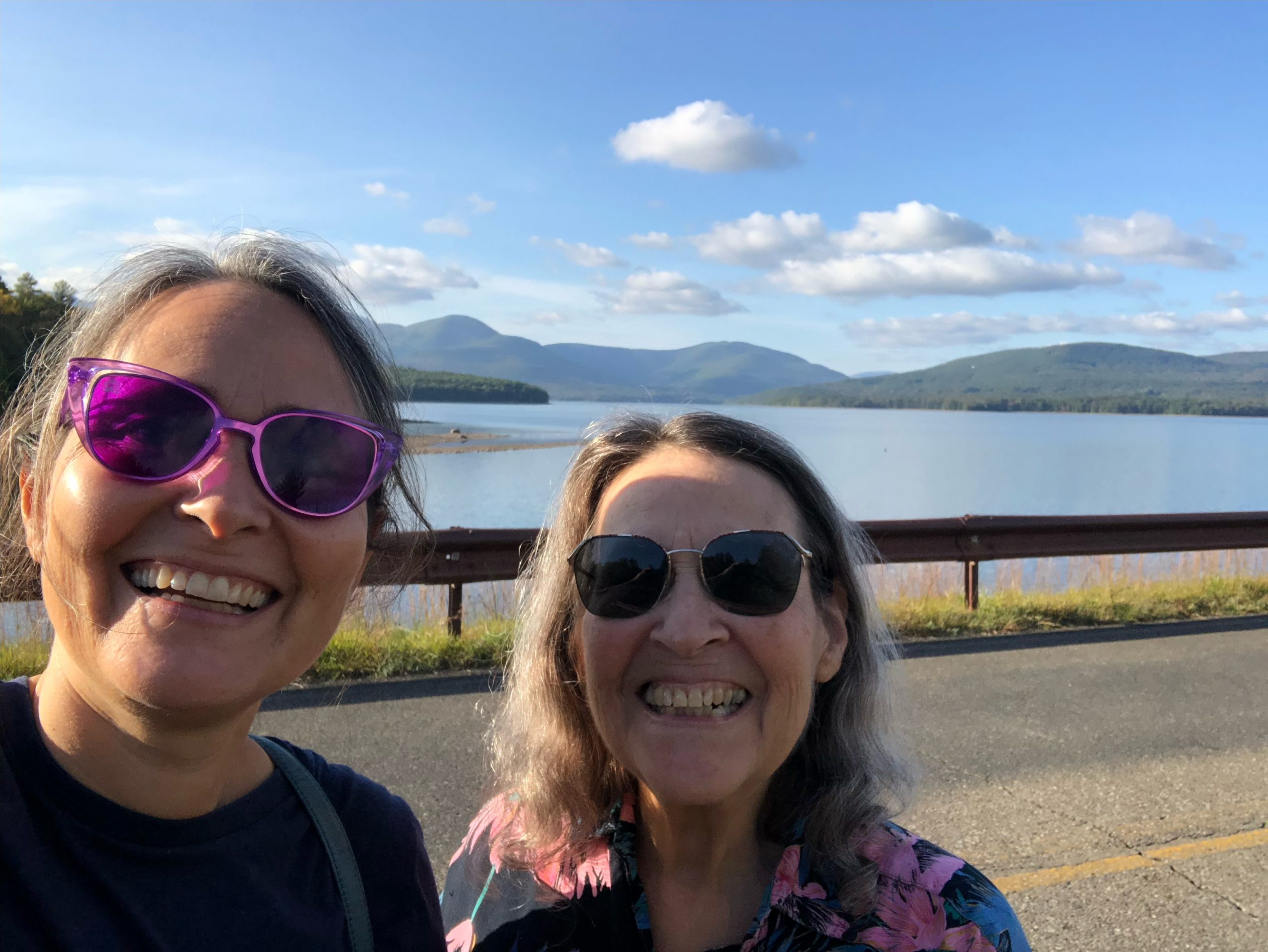Last week, I submitted comments to New York State about impacts that hosting the New York City Watershed has on our communities, businesses, residents, and municipal governments. I am particularly concerned about the Draft revisions to the 2017 Filtration Avoidance Determination (FAD) and the adverse impacts it may have.
The Watershed has created an extractive economy that burdens local taxpayers and residents to subsidize NYC water ratepayers. These burdens include negative environmental impacts, limited economic development opportunities, declining populations, insufficient infrastructure (including clean water, transportation, and communications infrastructure), a lack of basic services (including healthcare, home care, childcare, retail, recreation and more), as well as the burden of NYC tax assessment challenges which shift tax burdens to other local residents and businesses.
On behalf of the people of Ulster County, I highlighted the following issues with the State:
- FAD needs to address downstream, Hudson Seven, and aqueduct communities, all of which are impacted by operations to control turbidity
- FAD program implementation should be well-funded, locally driven, geographically inclusive, and responsive to climate change impacts. and should include significant capital infusions to fund local community needs.
- The importance of studying and addressing local economic and social impacts in a way that includes a wider stakeholder community and includes quality-of-life issues.
I will always use my voice to advocate for the people of Ulster County on the issues that impact us, whether its housing costs, mental health access, or hosting the Watershed. You can read my full letter here.
